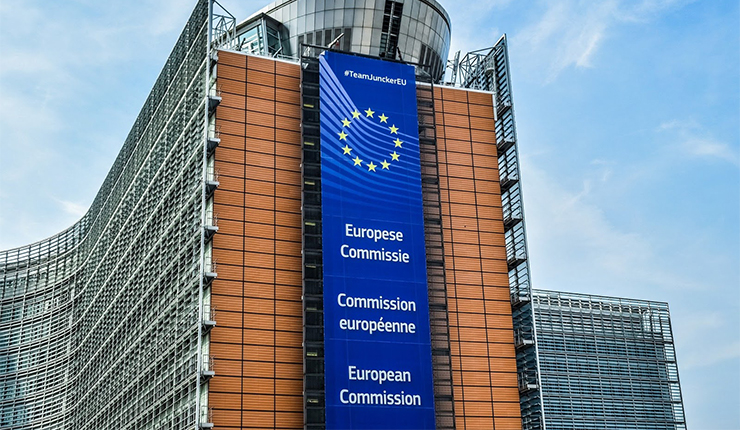Brussels will impose tariffs of nearly 50 per cent on Chinese electric vehicles (EVs), despite German government concerns about a potential trade war with Beijing.
The European Commission informed carmakers that additional duties of 17-38 per cent will be applied to imported Chinese EVs starting next month.
The EU has imposed tariffs on Chinese EV manufacturers due to unfair subsidies, giving them an advantage over European competitors. France and Spain support these tariffs to boost the EU budget as Chinese EV sales rise in Europe.
The EU has decided to impose tariffs on Chinese EV manufacturers, citing unfair subsidies that give them an advantage over European competitors. France and Spain back these tariffs to support the EU budget as Chinese EV sales increase in Europe.
China, the EU’s largest trading partner, exported a staggering €10 billion worth of electric cars to the EU in 2023, effectively doubling its market share to eight per cent, Rhodium Group confirm this substantial growth.
In response, Beijing has issued a warning, vowing to retaliate. The Chinese government seeks to rally a majority of EU capitals against the new tariffs, which would be in addition to the bloc’s existing 10 per cent duties on imported EVs.
Notably, China already imposes a 15 per cent tariff on European electric vehicles. Germany, Sweden, and Hungary have expressed disapproval, fearing potential Chinese retaliation.
Despite German Chancellor Olaf Scholz’s recent warning that “isolation and illegal customs barriers ultimately just make everything more expensive, and everyone poorer,” intense lobbying efforts by Scholz’s government have not swayed the European Commission.
The commission’s decision is expected to increase duties to approximately 35 per cent, still far below the 100 per cent duties applied by the United States.
The additional tariffs in Europe will directly affect Chinese automakers, including BYD and SAIC, as well as companies like Tesla, which operate factories in China.
Tariff levels may vary based on the producer, contingent on the level of subsidy identified by the EU.
The Kiel Institute estimates that an extra 20 per cent tariff on Chinese electric cars would reduce imports by a quarter. With 500,000 vehicles imported in 2023, dropping 125,000 units of imports will save nearly $4 billion. While this decline would be partially offset by increased production within the EU, end consumers are likely to face noticeably higher prices.
Many EU car manufacturers have criticised the plan, fearing China’s potential retaliatory measures or market blockades. European brands accounted for approximately six per cent of EV sales in China in 2022. Germany, which exported 216,299 cars to China in 2023, also hosts Mercedes and Volkswagen plants.
Prime Minister Ulf Kristersson, German Chancellor Scholz, and Hungarian Premier Viktor Orbán, who welcomed Chinese EV investment, are against EU tariffs.
To reverse the decision, they need backing from at least 11 other governments. Central European nations like the Czech Republic and Slovakia are likely to join the opposition.
Attribution: Financial Times


